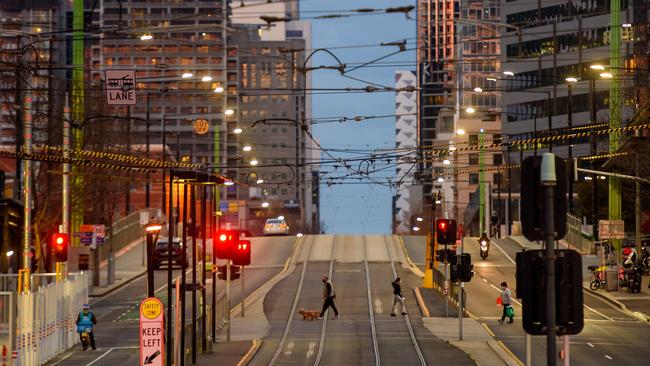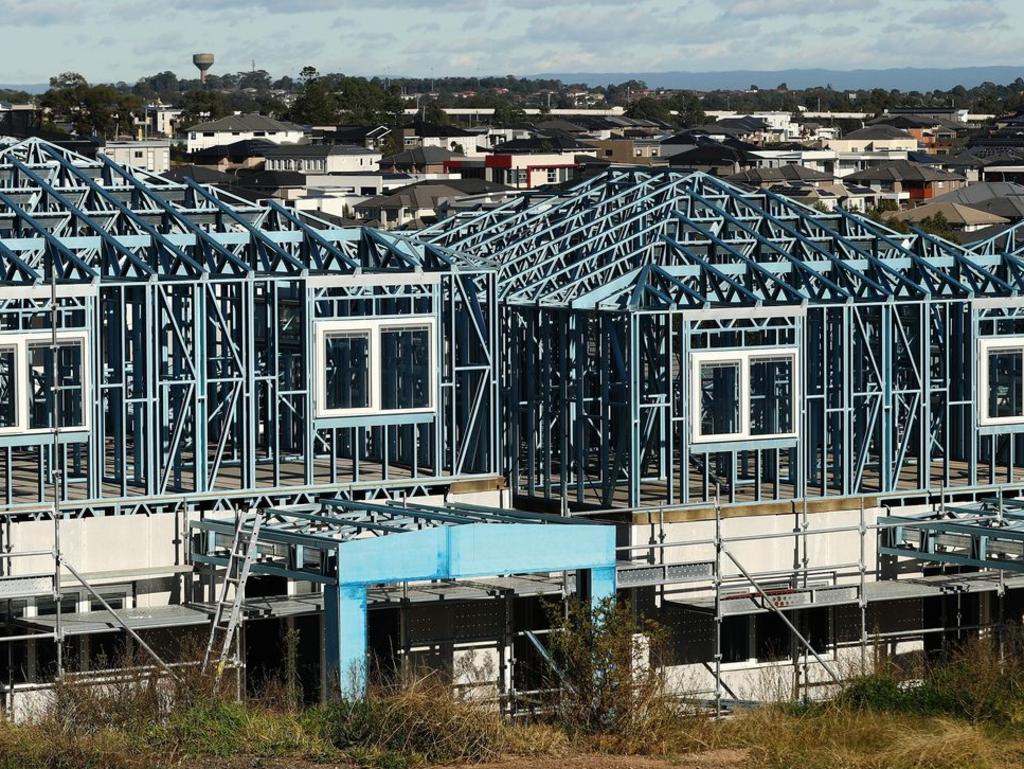REIV says rich Melburnians using COVID to live rent-free
Some well-heeled Melburnians are using COVID as cover to live rent-free and avoid eviction, with relief laws making them untouchable.

As residential rents fall by as much as 30 per cent across Melbourne, house and apartment landlords are clashing with tenants using the government’s moratorium against evictions and rent increases to set their own rules.
The oversupply of apartments in Melbourne’s Docklands and Southbank is softening rentals while the number of vacant units in the city’s CBD has reportedly increased by more than five times in the past six months.
The Real Estate Institute of Victoria says most tenants are doing the right thing, but some are rorting the system.
“There is growing evidence that some tenants are using the government’s moratorium to set their own rules and take undue advantage of the measures,” the REIV said.
The real estate body cites cases where the landlord has been disadvantaged. These include a tenant who is not suffering COVID-19 financial stress and is more than $7000 in arrears. Despite the Victorian Civil and Administrative Tribunal making orders for the payment of the arrears, the landlord cannot act until the end of the moratorium in January.
In another case a tenant was issued with a notice to vacate before COVID-19 hit because the owner wanted to move into the property, however the tenant does not communicate or pay rent. “VCAT issued a warrant to evict the tenant, but the police won’t execute it. The property owner must live elsewhere until this is resolved while paying for two properties,” the REIV said.
In another case the REIV says another Melbourne apartment tenant who has not been affected by COVID-19 and has embarked on a “rent strike” now owes more than $22,000 in rent.
“VCAT issued a warrant in March and then withdrew it because of the moratorium.
“The case has been back to VCAT three times and keeps getting adjourned because the tenant makes promises that are not kept. The matter was last listed in June and is still unresolved.”
In another case a tenant earning more than $180,000 a year has not paid rent since the announcement of the moratorium.
“The tenant requested a 50 per cent rent reduction which was refused,” the REIV said.
The property owner then applied through various legal channels and ultimately ended up at VCAT.
“The tenant has not attended VCAT on various medical grounds and finally provided documents that he had earned more than $50,000 in three months. VCAT has indicated it will grant a rent reduction.”
While almost 2000 agreements have been formalised through mediation at the Dispute Resolution Centre Victoria, even when the dispute is taken to VCAT there is often no outcome for the landlord, while the tenant effectively lives rent-free until the end of the moratorium.
“The longer the moratorium continues the more tenants will take advantage of the biased system and the harder it will be for property owners to protect their asset,” the REIV said.
REIV president Leah Calnan said the moratorium was supposed to support those in financial hardship as a result of COVID-19, not create greater than necessary financial hardship for property owners.
“The clear bias in the system of dispute resolution and the negotiation of rent relief makes the system unfair towards people who are watching their life savings deteriorate as they bear the burden of the government’s support for tenants,” she said.
Ms Calnan says tenants claiming financial hardship should provide the appropriate financial documents to justify their claim. The government, she says, needs to consider additional resources for VCAT.
REIV chief executive Gil King said property owners who had worked hard to save and invest to provide for the future of their families were not being protected by the moratorium.
“The moratorium was necessary, but it should never have resulted in tenants being able to not pay rent just because they know they can’t be evicted.
“The longer this continues, the worse it will be,” Ms King said.







To join the conversation, please log in. Don't have an account? Register
Join the conversation, you are commenting as Logout